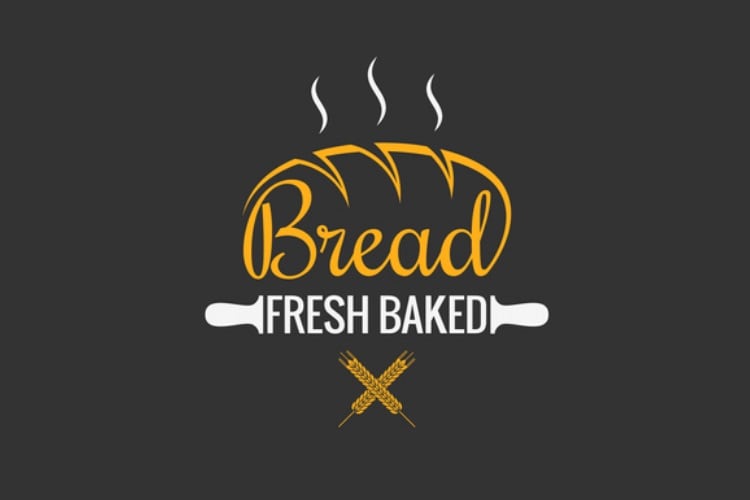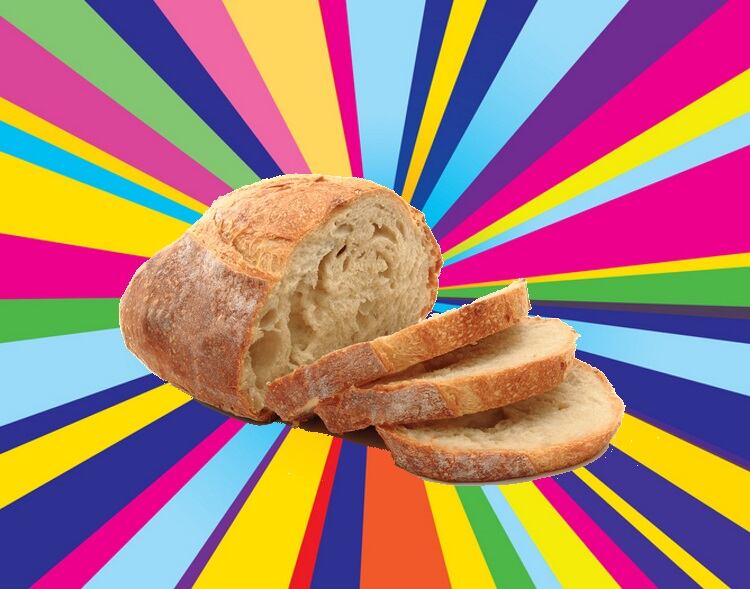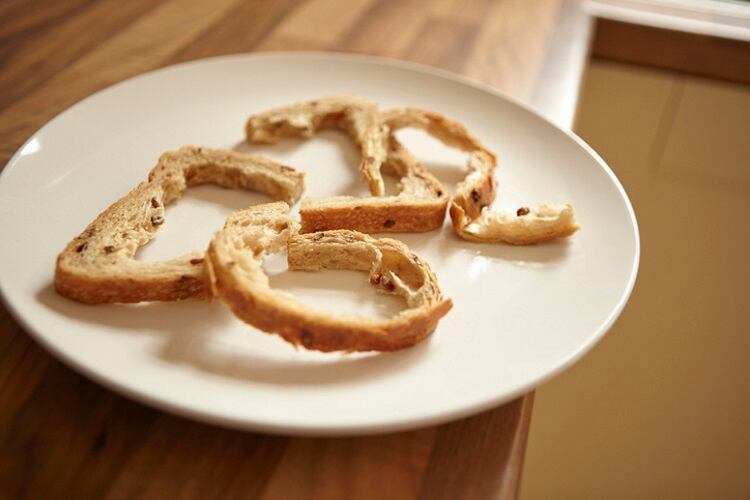Farm group Coldiretti confirmed with BakeryandSnacks that the Italian Ministry of Economic Development has promulgated Decreto 1/10/2018, n. 131, which concerns the legal names of some bakery products and lays down regulations for the processing and trading of cereals, flour, bread and pasta.
According to the new law, breads that undergo freezing or contain chemical additives and preservatives to prolong shelf life can no longer be labelled as ‘fresh’ but must now carry the label ‘conserved’ or ‘prolonged durability’.
The new law deems breads can only be termed ‘fresh’ if the entire ‘continuous’ production – except for the leavening process – does not take more than 72 hours from start to sale to the consumer.
In the case of frozen, par-cooked or pre-cooked breads, the law states labeling must highlight the bread’s shelf life has been enhanced in order to avoid consumer confusion.
Bakers will have to provide information on the ‘preservative’ method involved – including freezing, additives or preservatives – and exactly how long the shelf life is expected to be.
The new law comes into effect tomorrow (December 19, 2018); however, bakers have 90 days to revise labels from the date of publication in Italy’s official gazette on November 12, 2019. Until then, packaging that does not comply with the law can be used for baked goods that undergo a process to prolong their shelf life.
Protected designation of origin
Although Coldiretti commends the new law as Italy’s latest example to ameliorate consumer information, it notes the challenge remains for the mandatory labeling of the origin of the flour used in bread.
Bread consumption in Italy – as it has globally – has declined, with consumer interest inclining more towards the use of organic ingredients, ancient grains and products that demonstrate a higher nutritional value through a long leavening, lower fat and salt content, and a smaller environmental footprint – that is, produced in the region where the wheat is gown.
Coldiretti notes a label of origin for bread – like those now obligatory in Italy for pasta, rice, tomato products and products derived from dairy – will allow consumers to make informed choices and allow bakers to bring out the distinctive value of agricultural products.
Currently, six regional loaves carry the Protected Designation of Origin status, including the Coppia ferrarese, a type of sourdough first made around the 12th century in Ferrara; the Pagnotta del Dittaino Dop; the bread of Genzano; Pane di Altamura, made from durum flour from the Apulia region; Tuscan bread; and the bread of Matera, linked to ancient traditions.
The farm group asserts there are still hundreds of other traditional specialties that could benefit from such a registration, from Pane cafone of Campania to the Pan rustegh of Lombardy – directly translated as ‘loaf of rustic, wholesome bread’ – and the Pan ner of the Val D'Aosta, made from wheat and rye.
Point of differentiation
“Until today, it was possible to not fully inform consumers about the processing methods used to prepare bread,” Corrado Finardi, PhD, compliance and regulatory consultant for Coldiretti, told BakeryandSnacks.
“Indeed, the new regulatory course will be able to help SMEs of the agrifood chain to better add value to their products, whilst [differentiating the bigger retailers that] often sell pre-frozen [or par-baked products that are] heated at the point of sale.”
He added the law will enable craft bakers to better distinguish artisanal products with the voluntary claim of ‘fresh bread’.





